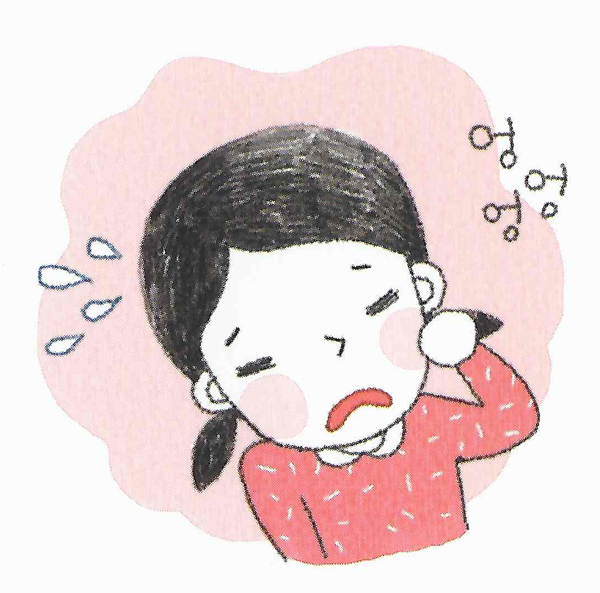
한기인 마음건강 시리즈
요즘 우울한가요?
![]()
우리는 누구나 생활 속에서 크고 작은 실패와 상실을 경험하게 되며, 그 결과 일시적으로 우울한 기분에 젖게 됩니다. 대부분은 시간이 지나면 물 흐르듯 다시 정상적인 삶과 기분을 회복하게 되며, 우울한 일을 겪었을 때 우울한 기분을 느끼는 것은 지극히 정상적이며 자연스러운 것입니다.
그러나 이런 기분이 2주 이상 지속되고, 일상생활에도 지장을 준다면 이는 자연스러운 우울감이 아니라 우울증으로 발전한 것일 수 있습니다.
![]()
– 정서(기분) : 슬픔, 좌절감, 불행감, 죄책감, 공허감, 무가치감, 허무감, 절망감 등 불쾌하고 고통스러운 정서.
– 사고(생각) : 부정적이고 비관적인 생각의 증폭, 무능하거나 열등하게 느껴지는 자기비하적인 생각, 타인이나 세상에 대해 적대적이고 냉혹하다는 생각, 미래에 대한 절망적인 생각, 죽음이나 자살에 대한 생각, 주의 집중의 어려움이나 기억력 저하.
– 행동 : 해야할 일을 자꾸 미루거나 지연시킴, 자주 피곤하고 아침에 쉽게 일어나지 못함, 즐거운 활동에도 흥미를 잃고 사회적 활동을 회피, 잠을 거의 이루지 못하거나 혹은 지나치게 많이 잠, 행동이 둔해지고 활동량이 현저하게 감소, 자해나 자살 시도.
– 신체(생리적 증상) : 식욕 및 체중 변화 (체중히 현저하게 감소하거나 늘어남), 성적인 욕구나 흥미 감소, 소화불량, 두통, 면역력 저하(감기 등이 자주 걸림)
![]()
우울증은 스스로의 노력으로도 얼마든지 벗어날 수 있습니다.
- 나를 괴롭히는 스트레스의 근원을 파악하고 적극적으로 해결하도록 노력하세요, 친구관계나 가족관계에서의 갈등, 학업 및 대학적응의 곤란, 경제적 곤란 등이 원인일 수 있습니다.
- 근원으로 파악된 어려움을 혼자 고민하기 보다는 이해심 있고 믿을만한 사람, 즉 친구나 가족, 선배, 교수님에게 털어놓아 보세요. 혼자선 길이 보이지 않던 것이 함께 이야기 나누다 보면 마음이 정리되어 의외로 쉽게 풀릴 수도 있습니다.
- 부정적이거나 경직된 사고를 긍정적으로 바꿀 필요가 있습니다. 스스로에게 지나치게 높은 목표가 과중한 부담을 지우고 있는건 아닌지, 타인으로부터 과도한 관심과 인정을 얻고자 하는건 아닌지.
- 몸을 움직일 필요가 있습니다. 우울한 사람들의 두드러진 행동패턴은 수동성입니다. 몸을 움직여 산책을 하거나 규칙적인 운동, 또는 즐거움을 얻을 수 있는 일이나 새로운 일을 시도해 보세요.


